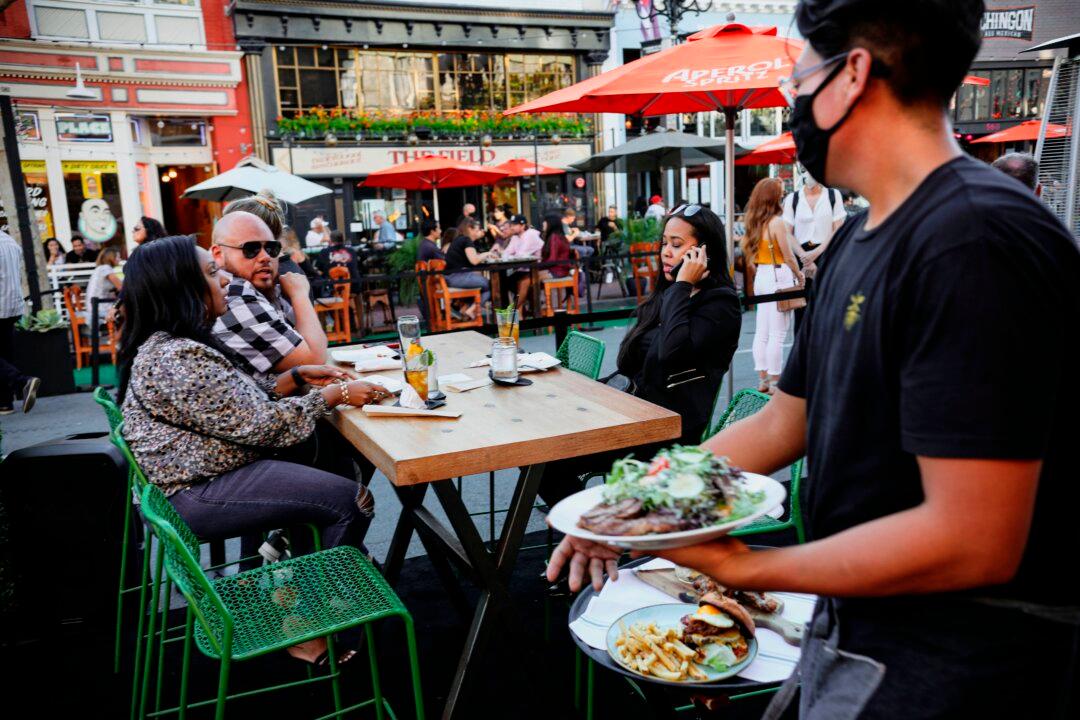WASHINGTON—Lawmakers have less than two weeks to reach a deal on the next stimulus package but the two sides remain far apart on several issues, including providing a liability shield for businesses.
Companies demand protections against coronavirus-related lawsuits, as they worry about being sued if an employee or customer contracts the virus. Without such protection, Republicans fear many companies will be vulnerable to a wave of lawsuits and may go out of business.





